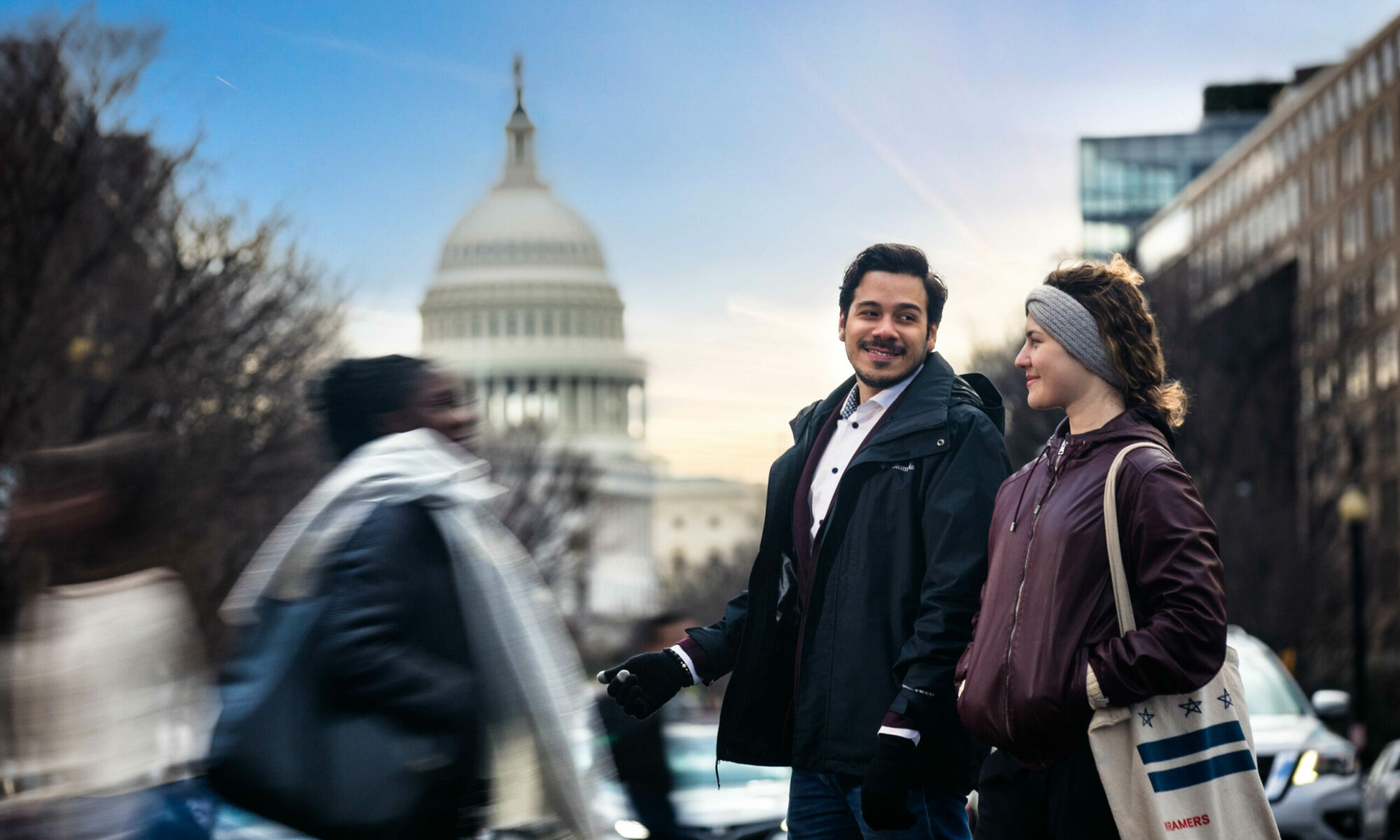With over five years of posts, this Mission in Motion blog now observes some annual traditions. This week, I would like to revisit two traditions: spiritual practices especially suitable for the summer months (see “This Summer: Learn to Pray, Read Slowly and Spiritually, and/or Explore Nature”) and learning more about the deeply mission-aligned Summer College Immersion Program (see “Vocation, Discernment, and Decision-Making with the Summer College Immersion Program”). The occasion for discussing both things is my experience this week of providing an introduction to reflection in the Jesuit Tradition to the students in the Summer College Immersion Program (SCIP). This three-week college prep program for rising high school seniors from the Cristo Rey Network, the KIPP Foundation school systems, as well as other select schools, networks, and community-based organizations helps prepare high-achieving students for the college admissions process.
My introduction to reflection in the Jesuit tradition included an Examen meditation about the students’ initial experiences of SCIP and their encounters in the first week of the program with the Georgetown campus. By modeling this core reflective practice, I sought to introduce these rising seniors to a contemplative tradition that serves as a needed antidote to the distractions and preoccupations of our heavily technologically-dominated digital age. It is my common experience that sharing the Examen with large groups, especially with persons who have never engaged with the practice, can cause participants to realize just how much need they have in their lives for more quiet and concentrated attention. This week’s experience of the Examen with the SCIP students was no different.
The session also involved a bit of teaching about the identity and mission of Georgetown as a university founded in the Jesuit tradition. At the very least, my goal in an engagement like this is to make students aware of Georgetown’s Catholic and Jesuit identity, mission, and heritage. I always relish when students appreciate that the University’s enactment of its core values includes an abiding commitment to religious diversity and hospitality of differing views, identities, and life experiences. I use Georgetown’s mission statement as the point of departure for growing awareness about this characteristic of the University’s commitment to pluralism and dialogue across differences. And like the Examen, this exercise of introducing the mission becomes an embodied spiritual practice: Lectio Divina (or the tradition of sacred reading).
The students took turns reading each paragraph of the mission slowly and intentionally. I then asked the group to let the statement’s words and phrases simmer. What stands out to you? What captures your attention? What energizes you? What confuses or distracts you? Without realizing it, the students were using all of their sensory experience, not just their cognitive processing, to engage with this exercise. The result? Students shared insightful responses to particular ideas in the mission statement and how these concepts related back to their actual experience of Georgetown and their time in SCIP. In this way, the students were beginning to appropriate the mission in their own lives. And hopefully students leaving this program with an intention to apply to Jesuit colleges and universities will have more vocabulary and more understanding about the mission and values of institutions in the network.
Sacred Reading is a powerful practice because it can illuminate the deeper meaning and personal resonance of individual words and phrases. Even something we regularly read, like the University’s mission statement, can present new transformative insights when we give the words our disciplined attention.





